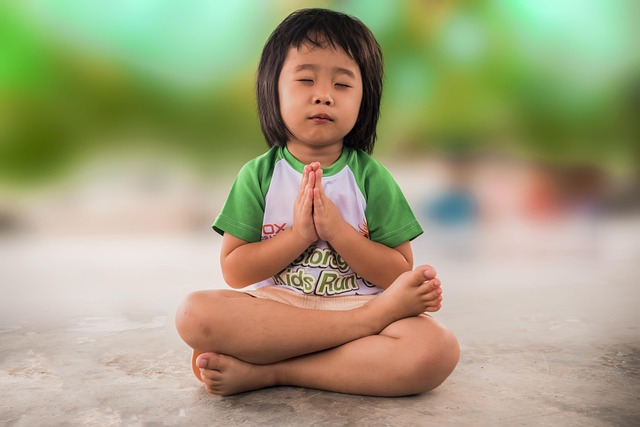In today’s fast-paced world, the intersection of religion and mental health has emerged as a vital topic in community discussions. Mental health programs, increasingly recognized for their importance, are adapting more holistic approaches that incorporate spiritual dimensions. These adaptations aim to foster deeper connections among individuals, communities, and the broader fabric of society.
Many traditional mental health programs focused primarily on psychological and physiological aspects, often neglecting the spiritual dimension. However, studies show that incorporating religious elements can significantly enhance the effectiveness of these programs. For instance, individuals who engage with supportive faith communities often experience reduced feelings of isolation and despair. These communities can provide not only emotional support but also a sense of belonging – a critical aspect of healing.
Practices such as prayer, meditation, and mindfulness – often rooted in religious traditions – have been found to improve mental well-being. Mindfulness, in particular, has gained traction within various religious contexts, allowing practitioners to focus on the present moment. This approach can lead to reduced anxiety and increased overall satisfaction in life. Mental health programs that include these elements can create a more personalized and relevant experience for individuals seeking help.
Furthermore, faith leaders often play an instrumental role in mental health advocacy within their communities. By offering counseling, leading discussion groups, or providing resources, they can bridge the gap between spiritual and mental health support. This blend can demystify the stigma associated with mental health issues and encourage more individuals to seek help. It’s uplifting to see how religion can empower communities to confront mental health challenges openly and compassionately.
Another crucial aspect is the value of forgiveness and gratitude, often emphasized in various religious teachings. Mental health programs that integrate these concepts can encourage emotional healing. Participants learn to let go of resentment and embrace a more positive outlook, which is essential for mental health recovery. When individuals practice gratitude, they shift their focus from what is lacking in their lives to acknowledging and appreciating the abundance they possess. This simple yet powerful shift can dramatically change one’s mental landscape.
Moreover, the integration of religious tenets into mental health programs is not without its challenges. Practitioners must be mindful of the diverse beliefs and values in a multicultural society. A one-size-fits-all approach does not work in mental health interventions. Tailoring programs to respect individual beliefs while providing effective support can lead to a more compassionate and comprehensive care model.
The dialogue between religion and mental health continues to grow, underscoring the importance of a community-centered approach that embraces spirituality. As we explore innovative mental health programs, let’s remember the profound wisdom that many religious traditions offer. By bringing these insights forward, we can create environments where healing is fostered not just through clinical means, but through shared beliefs, practices, and the communal spirit that lurks in the heart of every community.




